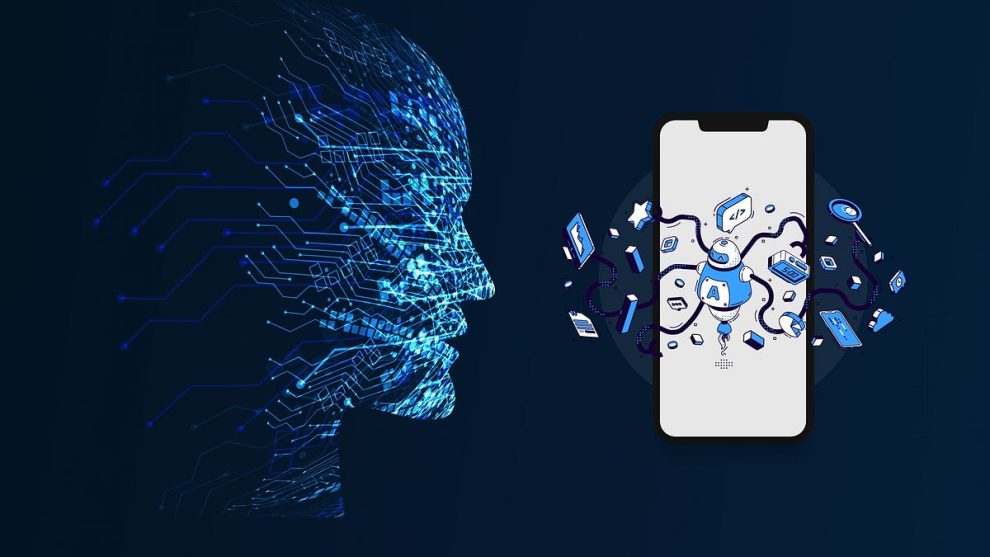Imagine a world where you don’t need individual apps for every task on your phone. Instead, a powerful AI assistant anticipates your needs, seamlessly connecting you to the right tools and information in the moment. This isn’t science fiction; it’s a glimpse into the potential future of mobile interaction, as evidenced by a recent concept phone showcased at MWC.
The App Overload Problem:
Our current app-centric model has undeniable advantages. It offers a vast array of specialized tools, from social media and entertainment to productivity and communication. However, it also comes with drawbacks:
- App fatigue: Juggling numerous apps can be overwhelming, leading to information overload and difficulty finding what you need.
- Privacy concerns: Each app collects data, raising privacy and security risks.
- Limited context: Apps often operate in silos, unaware of the broader context of your needs and activities.
Enter the AI Assistant:
The concept phone presented at MWC showcases a radical alternative: an AI-powered interface that eliminates the need for individual apps. Here’s how it works:
- Contextual awareness: The AI leverages your preferences, past behavior, and current context (like location and time) to understand your needs.
- API integration: Instead of launching separate apps, the AI interacts directly with the underlying services (APIs) of various tools.
- Seamless experience: Based on your needs, the AI surfaces relevant information and functionality from different services, creating a unified and intuitive experience.
Benefits of an AI-powered Interface:
This approach offers several potential benefits:
- Simplified user experience: No more searching for the right app or navigating complex menus. The AI takes care of the behind-the-scenes work, presenting you with the information and tools you need, when you need them.
- Enhanced privacy: By interacting directly with APIs, the AI potentially reduces the need for individual apps to collect and store your data.
- Increased efficiency: The AI can anticipate your needs and proactively provide assistance, saving you time and effort.
Challenges and Considerations:
While exciting, this vision of an AI-powered future also comes with challenges:
- Technical hurdles: Developing a robust and user-friendly AI requires significant advancements in natural language processing, context awareness, and user interface design.
- Ethical considerations: Ensuring user privacy, transparency, and control over AI decisions will be crucial.
- App developer concerns: The shift away from individual apps could raise concerns for app developers and the app ecosystem.
The Road Ahead:
The concept phone is a glimpse into a future where AI fundamentally changes how we interact with our devices. While widespread adoption may still be far off, it sparks important conversations about the potential and challenges of AI in shaping our mobile experiences.
















Add Comment